How we beat the Ebola epidemic
Last year, a devastating Ebola outbreak in West Africa killed thousands. Today, the disease is under control.
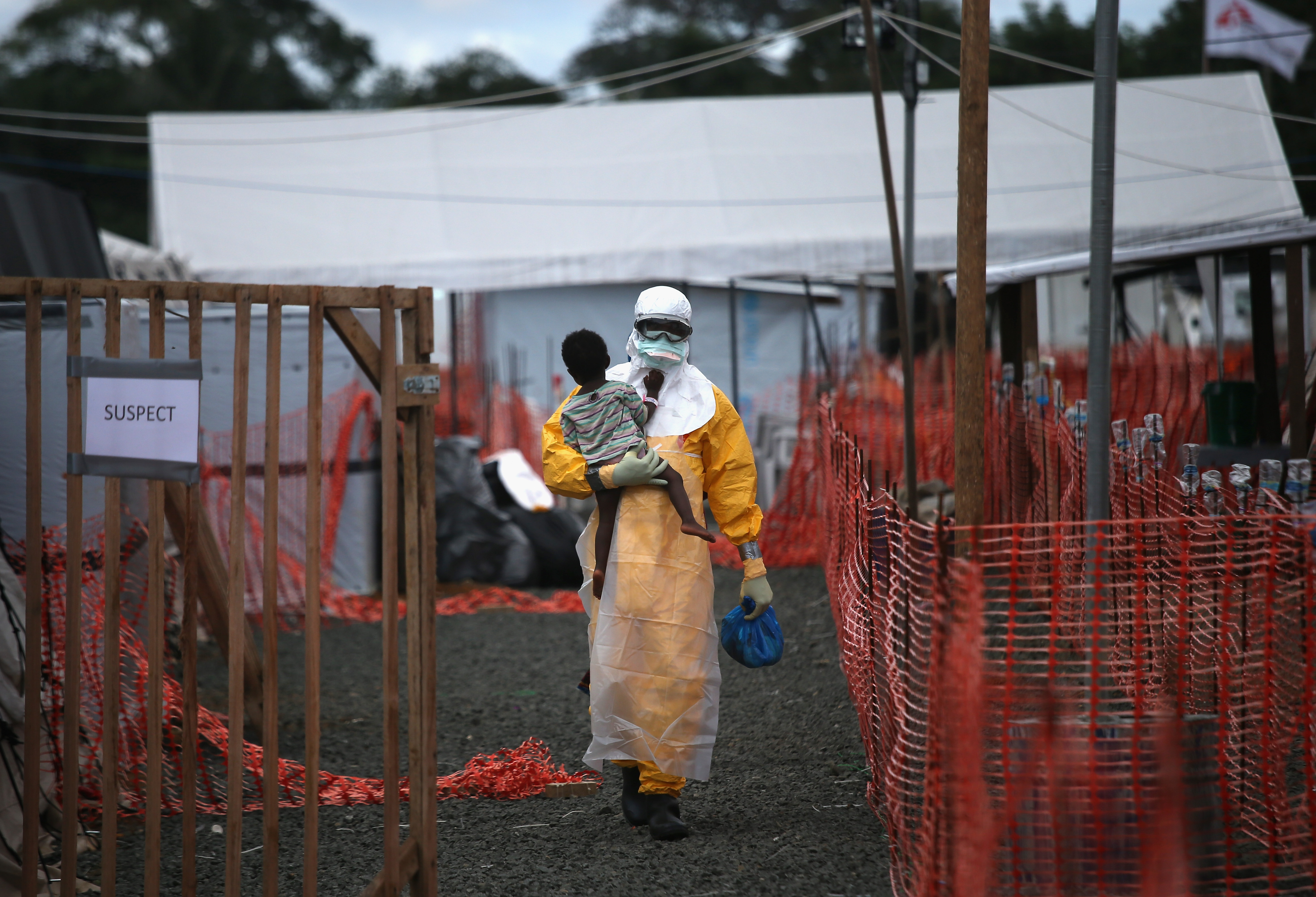
Last year, a devastating Ebola outbreak in West Africa killed thousands. Today, the disease is under control. Here's what you need to know:
Is the crisis over?
Not yet, but the signs are good in all three afflicted countries. Liberia was officially declared free of Ebola last week, after 42 days with no new cases, while Guinea and Sierra Leone together recorded just 18 new infections the week before last — the lowest total this year. By comparison, at the peak of the outbreak last fall, the deadly disease was infecting about 400 people a week in Liberia alone. So although the death toll keeps climbing — it has now passed 11,000, with 26,628 total cases — the worst seems to be over. The Pentagon has pulled out all but 100 of the 2,800 troops sent to assist the authorities in the region, and health officials are hoping to identify and isolate all remaining cases in the region before the rainy season begins in June. As one U.S. military official put it: "We got a handle on Ebola a lot quicker than anyone expected."
The Week
Escape your echo chamber. Get the facts behind the news, plus analysis from multiple perspectives.

Sign up for The Week's Free Newsletters
From our morning news briefing to a weekly Good News Newsletter, get the best of The Week delivered directly to your inbox.
From our morning news briefing to a weekly Good News Newsletter, get the best of The Week delivered directly to your inbox.
Was the danger exaggerated?
Some of the warnings by public officials seem, in retrospect at least, overstated. In September, the U.S. Centers for Disease Control and Prevention estimated Ebola could infect as many as 1.4 million people; Jeffrey Hawkins, the U.S. consul general in Nigeria, warned of the possibility of an "apocalyptic urban outbreak." When President Obama asked Congress for $6 billion in funding to help combat the disease, he called the epidemic a "national security priority." But although the doomsaying may seem excessive now, it did focus the world's attention on a disaster that was threatening to spiral out of control. It was the worst Ebola outbreak in history, killing five times more people than all previous Ebola epidemics combined.
How was it contained?
By educating West Africans on how Ebola is transmitted, and by aggressive efforts to isolate and treat the infected. When the outbreak began 16 months ago, health care workers in Liberia, Guinea, and Sierra Leone were initially fighting blind. Doctors and nurses had to learn from scratch how to treat Ebola — the odds of survival dramatically increase with early, effective symptom management — and how to contain it. Helped by more than 10,000 volunteers from around the world, health workers gradually taught people to avoid unnecessary physical contact, to go to a clinic the moment they displayed symptoms, and to forgo the traditional ritual of washing corpses — a practice that accelerated the spread of the disease. "The best way to fight Ebola," says Joseph Boye Cooper, a volunteer worker in Liberia, "is to prevent it."
A free daily email with the biggest news stories of the day – and the best features from TheWeek.com
Did the U.S. military help?
Forbidden by the Pentagon from working directly with patients, the troops sent to Liberia focused on building treatment centers. But by the time they finished the first U.S.-supported clinic in November, infection rates were already in significant decline. In total, the 11 clinics they built treated just 28 Ebola patients; nine centers haven't had a single case. Jeremy Konyndyk, who headed the Ebola response for the U.S. Agency for International Development, insists the abundance of caution was warranted. "You don't know where the fire is going to break out," he says, "but you're going to need a fire station there when it does." U.S. troops also helped in other ways, training hundreds of health-care workers and airlifting supplies and medical teams around the region.
What's next for the countries affected?
If Sierra Leone and Guinea join Liberia in becoming Ebola free, the first priority will be rebuilding their shattered health-care systems. The epidemic not only killed an astonishing 10 percent of the countries' health-care workers but also sucked up pretty much every available medical resource. As a result, around 250,000 children across the region missed out on basic vaccinations, raising the specter of an outbreak of measles or another disease. The threat of Ebola, meanwhile, will always remain; the virus lurks in infected bats and other animals, which can spread it to humans. But if there's another outbreak, West Africa will undoubtedly be much, much better prepared to respond.
How about the rest of the world?
The World Health Organization (WHO), which was heavily criticized for its lackluster initial response, has warned that the world is ill prepared for another "large and sustained disease outbreak." If Ebola ever gains a foothold in China or India, where the population density is high and the health-care infrastructure deeply inadequate, the death toll could be catastrophically high. But the epidemic in West Africa has given health experts invaluable experience for dealing with future outbreaks, and there are already plans for establishing a global fast-response team to prevent something similar from happening again. The hardest task may be sustaining enough interest in the issue to ensure reforms are made. "Six months ago, the world was worried," says WHO's Dr. Bruce Aylward. "There was a lot of self-interest in making sure this thing was stopped. The biggest mistake the world could do right now is blink."
The hunt for a vaccine
There is one drawback to the containment of Ebola: It may prevent scientists from developing a vaccine. Outbreaks provide a rare chance to test drugs that could help prevent future epidemics, but pharmaceutical companies have struggled to capitalize on the opportunity in West Africa. Of the three major clinical trials currently taking place, the most scientifically rigorous began in Liberia, where there has been only one new patient in the past couple of months. The other studies, in Guinea and Sierra Leone, fall short of the scientific gold standard of being randomized and placebo-controlled, in part because some scientists object to giving placebos to anyone at risk from the deadly virus. Nevertheless, researchers remain upbeat. If there's another outbreak, says Dr. David Nabarro, the U.N.'s special envoy on Ebola, scientists can launch trials and drug production "at a push of a button, rather than having to invent a response in the heat of a crisis."
-
 The party bringing Trump-style populism to Japan
The party bringing Trump-style populism to JapanUnder The Radar Far-right party is ‘Rise of Sanseito is ‘shattering’ the belief that Japan is ‘immune’ to populism’ the belief that Japan is ‘immune’ to populism
-
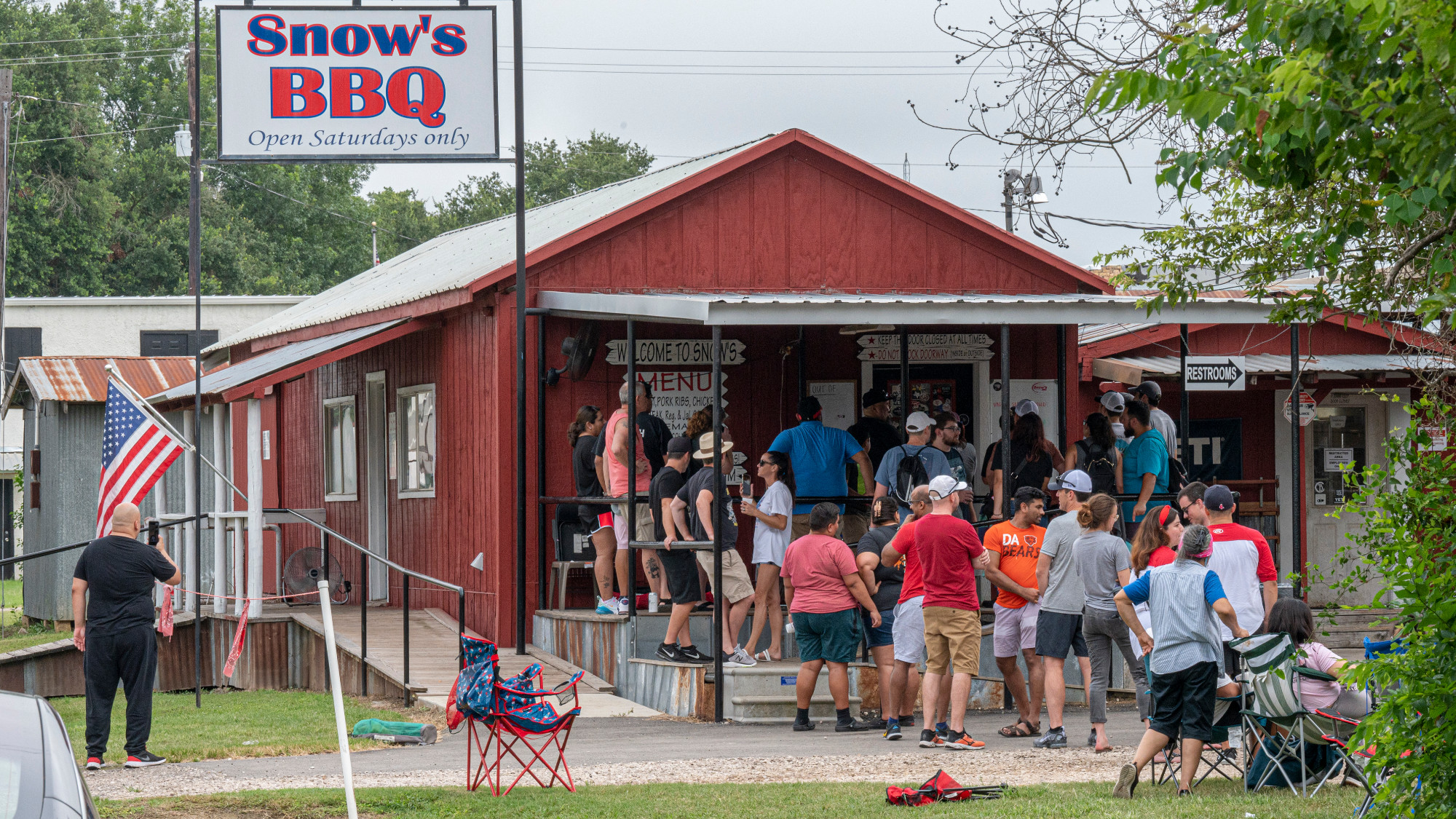 Southern barbecue: This year’s top three
Southern barbecue: This year’s top threeFeature A weekend-only restaurant, a 90-year-old pitmaster, and more
-
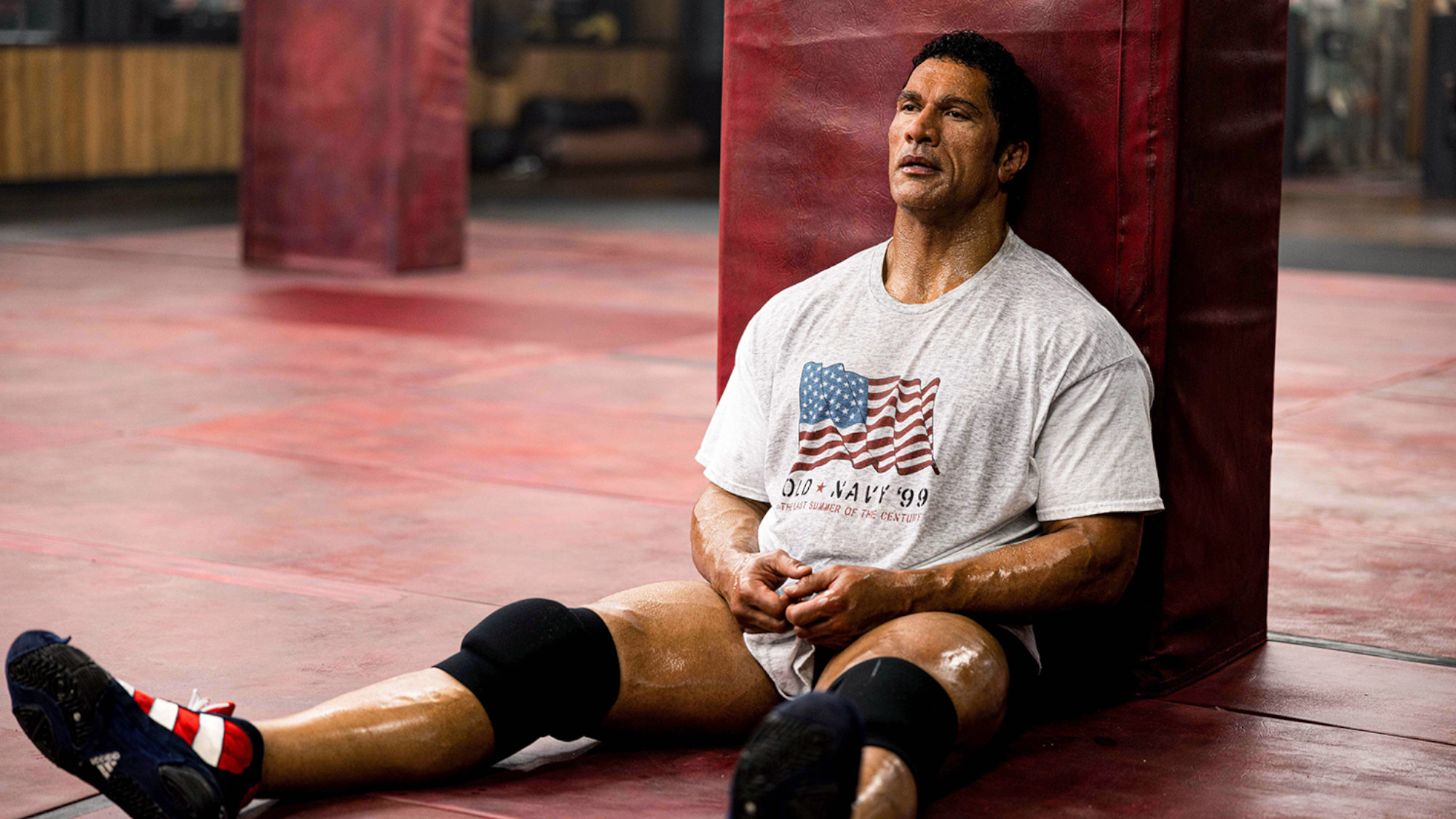 Film reviews: Anemone and The Smashing Machine
Film reviews: Anemone and The Smashing MachineFeature A recluse receives an unwelcome guest and a pioneering UFC fighter battles addiction
-
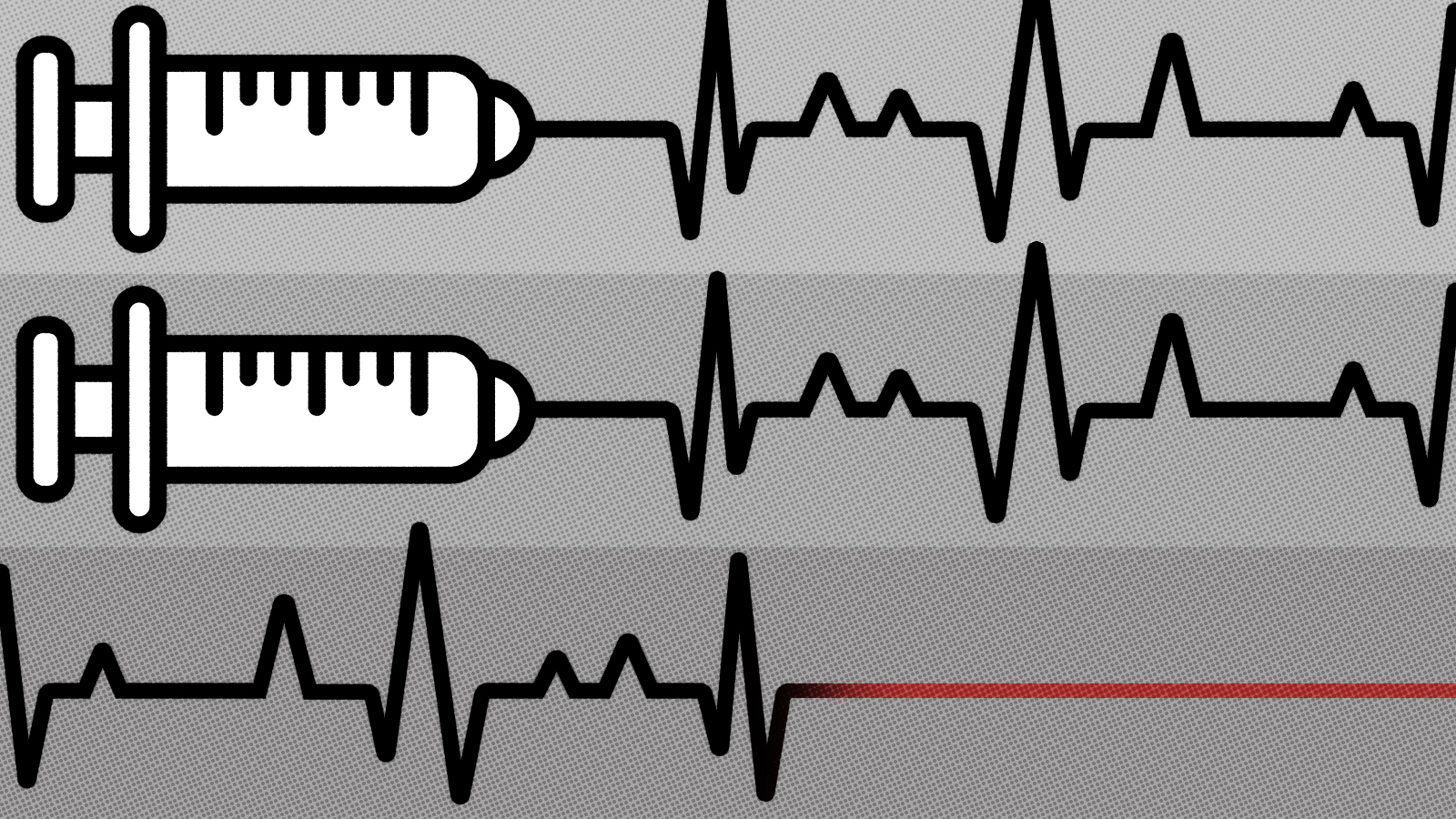 Do unvaccinated COVID patients deserve scarce care? A doctor weighs in.
Do unvaccinated COVID patients deserve scarce care? A doctor weighs in.The Explainer Justice, judgment, and the last ICU bed
-
 How to vaccinate the anti-vaxxers
How to vaccinate the anti-vaxxersThe Explainer Instead of blaming people for not doing the right thing, let's focus on eliminating the obstacles to vaccination that still remain
-
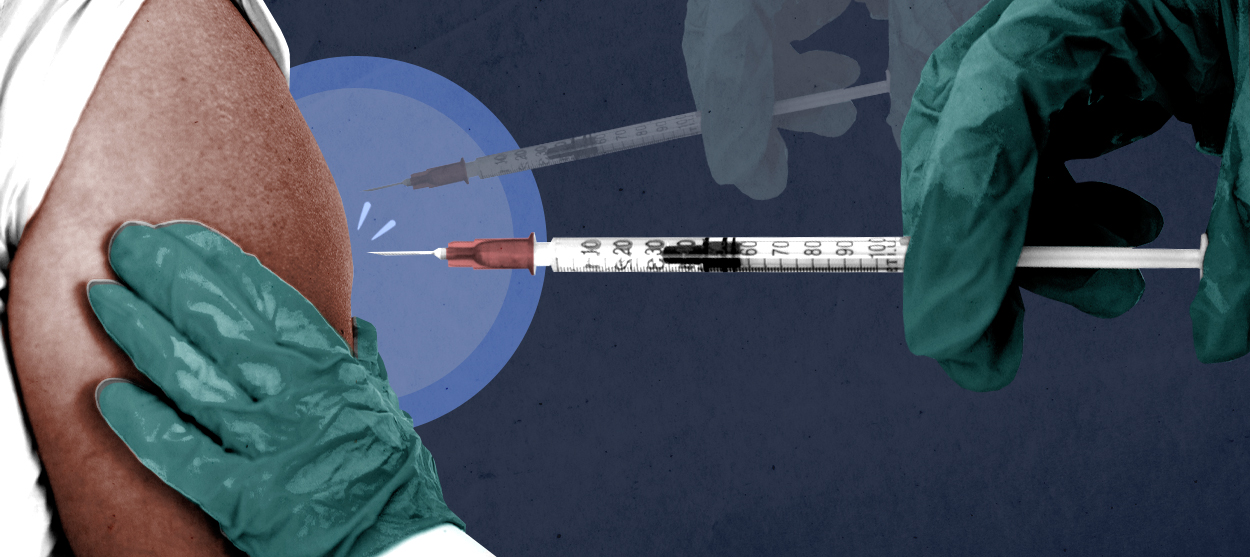 The U.S. could double its COVID-19 vaccine availability overnight. What's the holdup?
The U.S. could double its COVID-19 vaccine availability overnight. What's the holdup?The Explainer How the FDA could approve a more efficient vaccine rollout
-
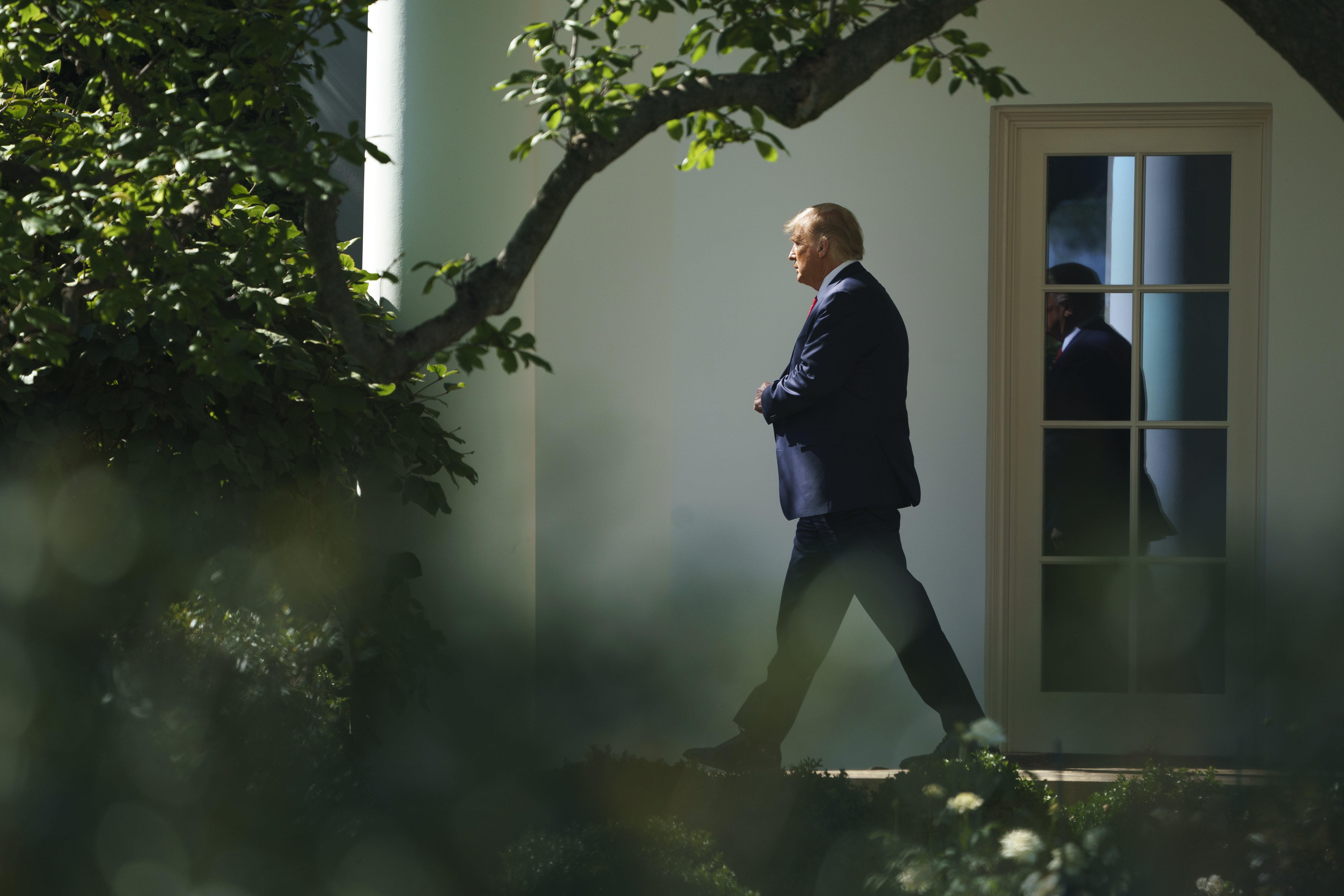 The October Surprise nobody wanted
The October Surprise nobody wantedThe Explainer Trump has COVID-19. Really, 2020?
-
 Life is worth living
Life is worth livingThe Explainer What's driving America's rising suicide rate?
-
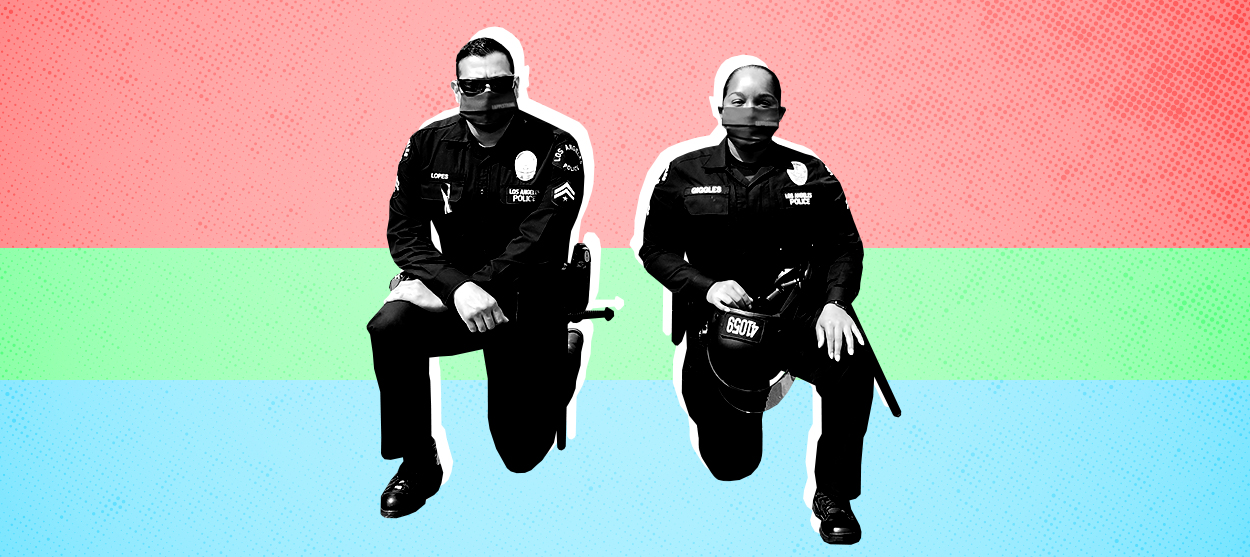 Social workers are masters at de-escalation. Here's what the police can learn from them.
Social workers are masters at de-escalation. Here's what the police can learn from them.The Explainer Knowing how to peacefully resolve conflict, rather than exacerbate it, can save lives
-
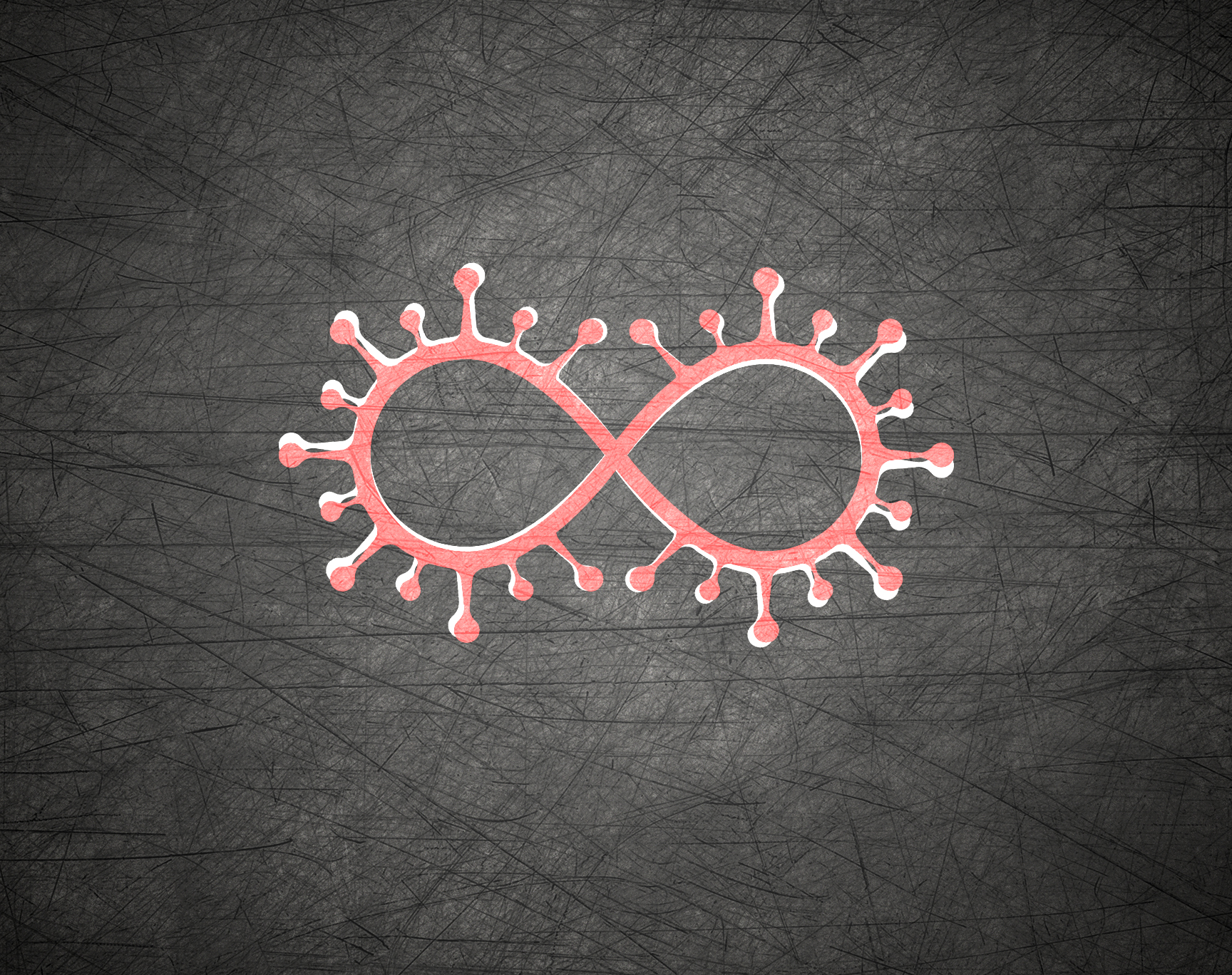 Settling in for the long pandemic
Settling in for the long pandemicThe Explainer Life won't be back to "normal" anytime soon
-
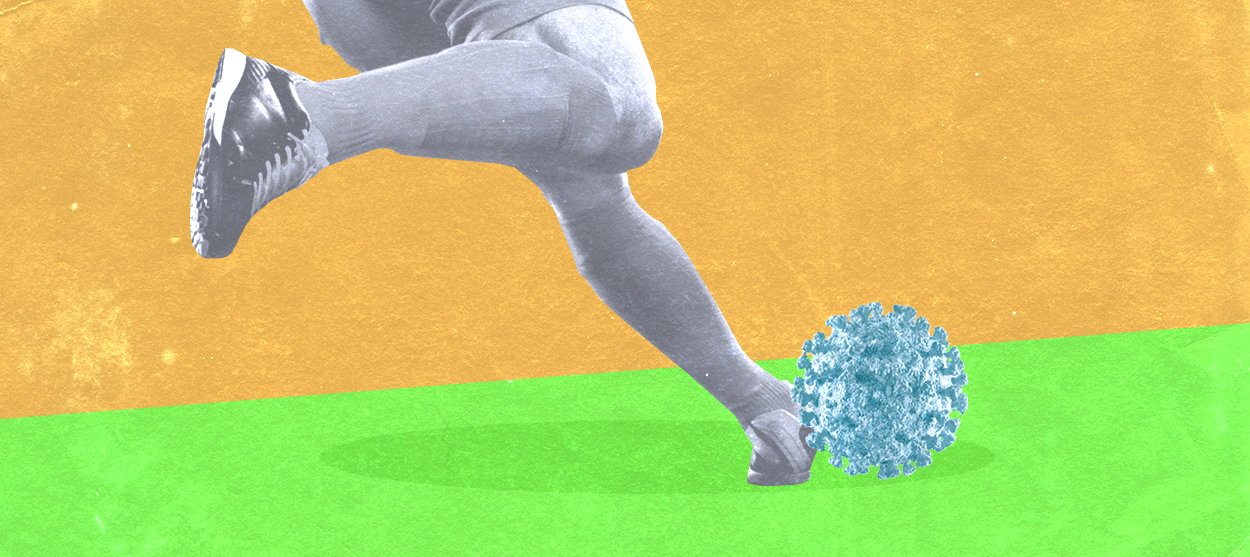 Sports reveal how much America is trailing the rest of the world
Sports reveal how much America is trailing the rest of the worldThe Explainer MLS and other American leagues are stumbling through their pandemic restart plans